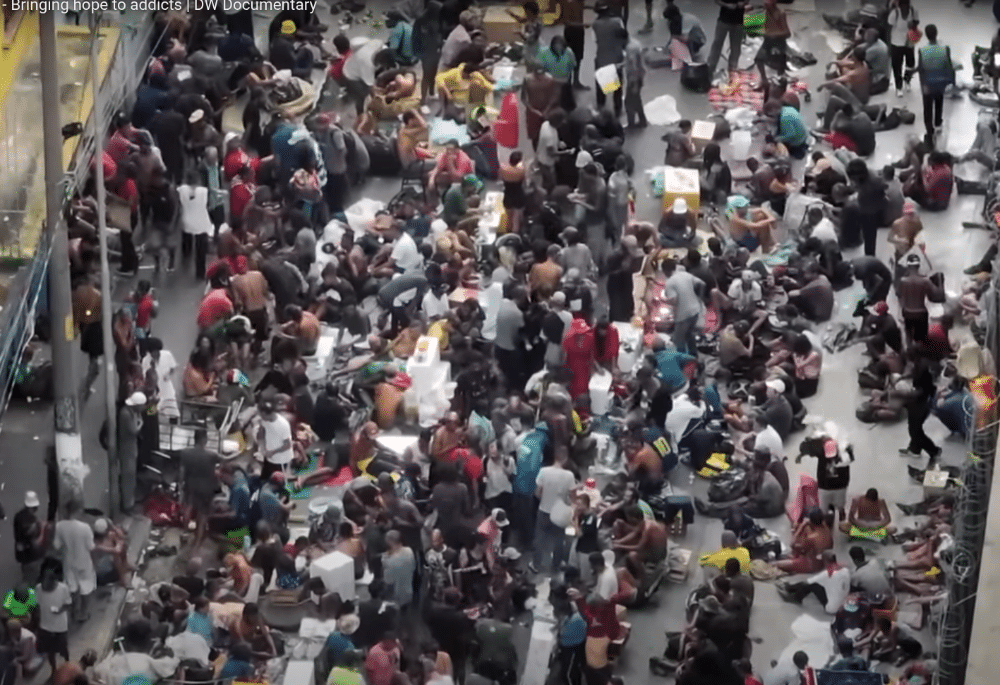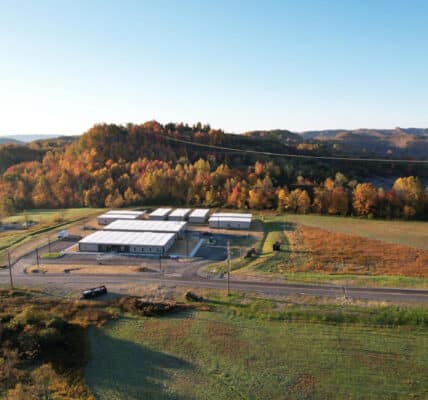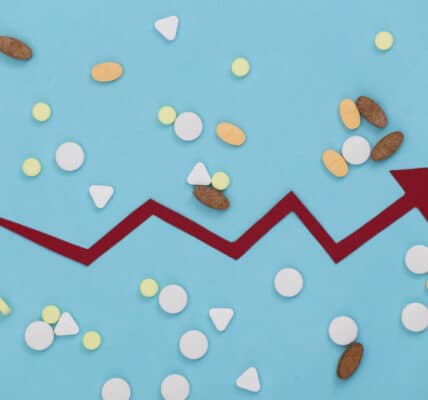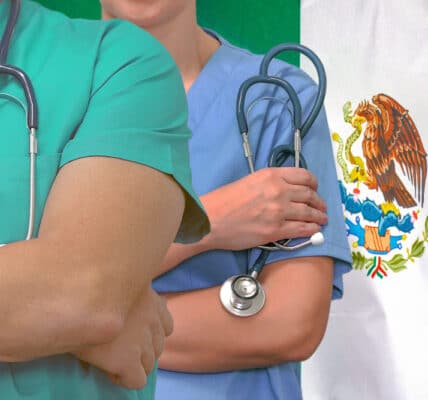Going the Last Mile in Addiction Treatment

All the opioid settlement funds in the world are not going to make a dent in America’s drug addiction epidemic if they can’t go the last mile. The last mile is where the patient meets the program. Billions can be spent on advertising and education and research, but it won’t make a bit of difference if it doesn’t bring more people into treatment and recovery.
In logistics, the last mile is “the most expensive and complex part of the shipping process.” Likewise, in telecommunications, the last mile is the most labor-intensive, time-consuming part of delivering a signal. In addiction treatment, it represents the physical and psychological distance between living under the freeway and getting housing, treatment, and work.
“Housing, treatment and work” is the mantra of TTT, an organization providing drug rehabilitation in Sao Paulo, Brazil. The city is home to more than 500,000 crack cocaine addicts, according to a new film from DW Documentary.
The city’s addicts gather in an open-air drug market known as the Fluxo (see image at the top of this post), which appears to be tolerated by the police who can be seen in the documentary guarding the entrances to the market and clearing the area of loiterers during the day. It takes incredible courage to go into the Fluxo and recruit people for an addiction treatment program.
Yet that’s exactly what Flavio Falcone of the TTT does. He puts on a clown nose and hat and conducts song contests in the Fluxo as a way to meet and assess candidates for treatment. Falcone is a trained psychiatrist and also a trained clown. His costume has given him access to Sao Paulo’s untouchables, where he lures people into recovery with the promise of housing, treatment and work.
From one of the poorest places in the hemisphere to one of the richest, we now move to Boulder, Colorado, to see who’s taking care of the last mile there.
Harold Niedzielski is a community peer recovery navigator at Recovery Café Longmont, “a community of refuge and healing for people in recovery.” He is credited with steering more than 800 individuals into recovery programs in less than two years on the job.
Niedzielski does a daily inventory of beds available in Boulder County and surrounding areas, in treatment facilities, temporary shelters, and subsidized housing. He fields from 20 to 70 phone calls a day from people needing shelter who got his number. He has a knack for getting people into the right program and shortening wait times to make sure someone gets timely care.
Niedzielski has great courage and empathy to go the last mile, visiting local shelters and transitional housing units to hand out his card, and joining the City of Boulder’s Homeless Outreach Team on their Friday sweeps. His SUV is stuffed with supplies for the needy, including water, blankets, cleaning supplies, toiletries, food, and snacks.
Niedzielski gets businesses to donate many of the items he needs. He collects bicycles and donates them to people who need them. He answers phone calls around the clock, sometimes providing transportation for clients to make sure they show up for court or for treatment.
Recognizing the lack of beds in addiction treatment programs, Niedzielski is working on trying to increase the availability of recovery housing. He has started Our House, providing “sober living and transitional housing [and] inhouse psychiatric services for individuals in recovery.”
As many other programs have shown, being able to provide housing is essential to keep people in addiction treatment programs. Being able to assist with employment is essential at the other end of treatment. “Housing, treatment and work,” as the Brazilians say, are the route to recovery.
But you’ll never get there without people like Flavio Flacone and Harold Niedzielski, who go the last mile making sure the patient meets the program.
Written by Steve O’Keefe. First published September 30, 2025.
Sources:
“Brazil: The clown of Crackland — Bringing hope to addicts,” DW Documentary, August 11, 2025.
“‘An angel without wings’: How one man is helping hundreds in Boulder County find the path to recovery,” Boulder Reporting Lab, June 22, 2025.
Image of the Fluxo open-air drug market in Sao Paulo, Brazil, courtesy of DW Documentary, used under Fair Use: Commentary.




